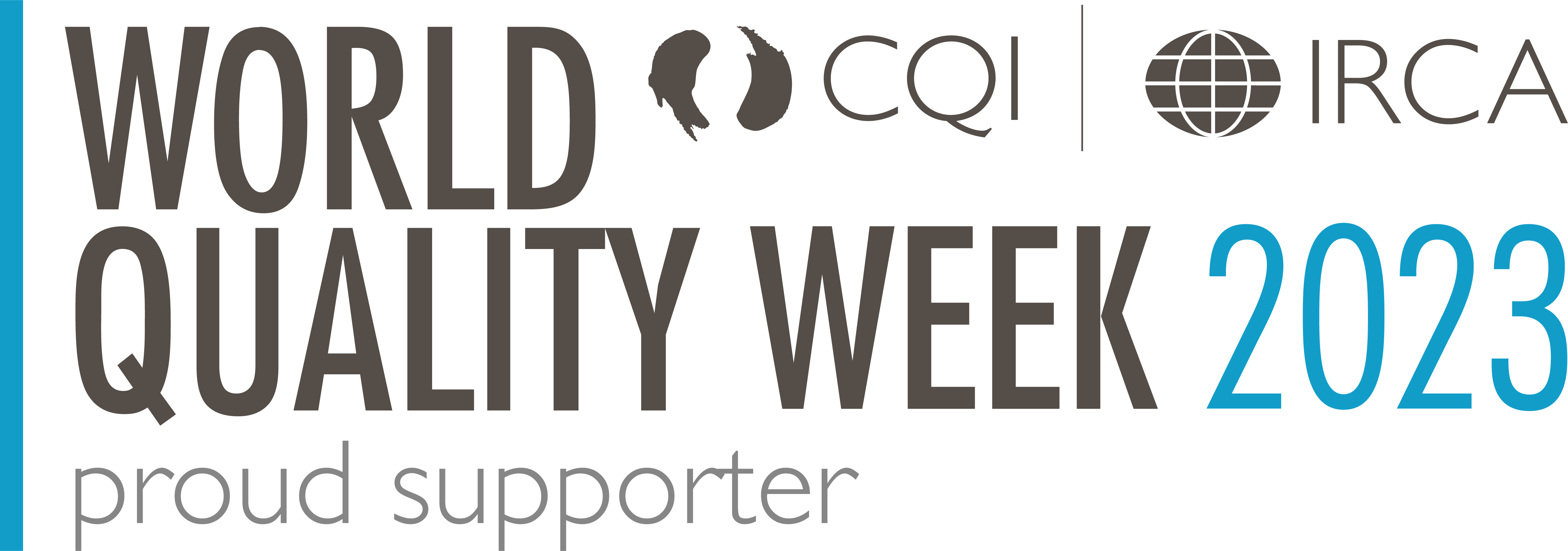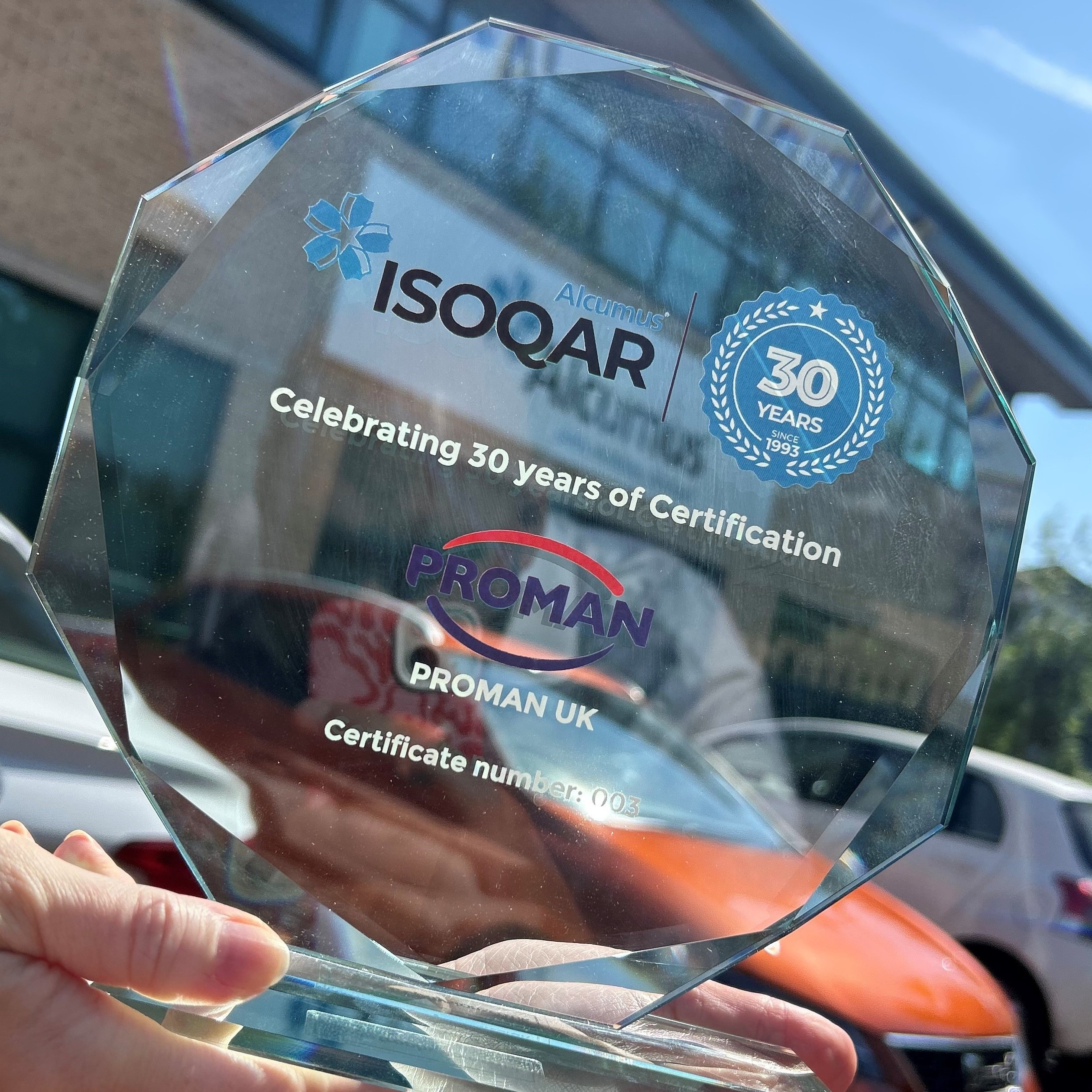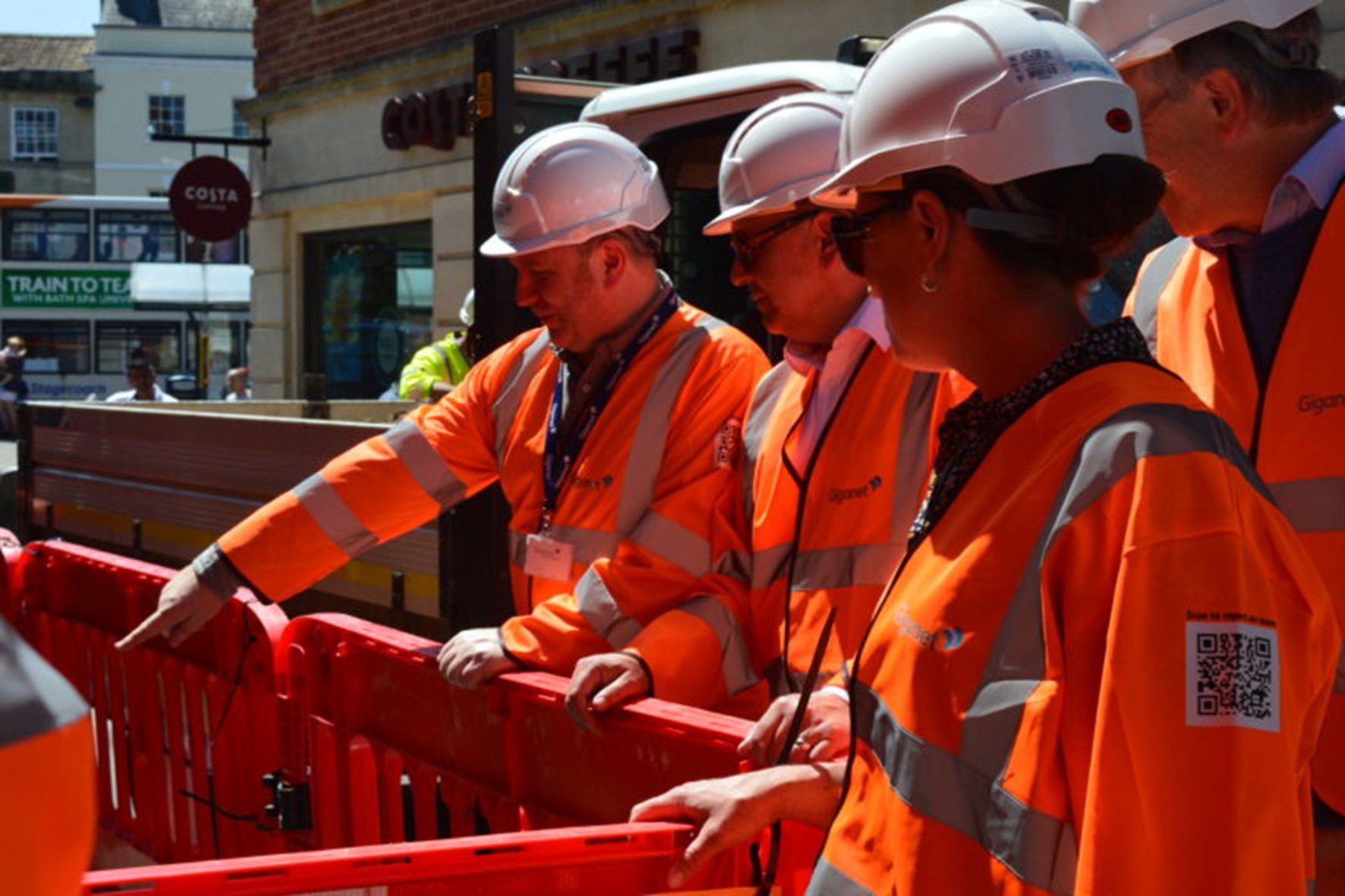hr advice from hr experts
The Recruitment Process: Interviewing Candidates
Now that you’ve created your shortlist of candidates, it’s time to start the interview process.
There are three stages to the interview process:
- Preparation
- Conducting the interview
- Actioning
In this guide we’ll talk you through what steps your business needs to take.
Download Guide
Preparing for an interview
Enabling candidates to relax and talk freely about themselves is a fundamental element of effective interviewing and will establish and maintain rapport.
When you have confirmation from applicants that they are able to attend the interview, here are a few things to consider when preparing for an interview.
- Find a suitable, quiet place to conduct the interview, ideally
- Book the space and notify employees not to enter the room
- Decide on the interview process:
- What questions are crucial?
- Are you conducting an assessment or task?
- Do they need to prepare anything?


Know who you’re interviewing
Before meeting the candidates it’s important that you know who they are, as this will help you conduct a successful interview.
-
Make notes from their application
-
What are their experiences
-
What made them stand out
-
Structure questions around their application
Remember: It can always be useful to send candidates information on the business prior to the interview as this will help you get more out of the candidates and see who’s done their homework!
Need advice?
Speak to our helpful HR consultants who can talk you through the recruitment process.
Conducting the Interview
Enabling candidates to relax and talk freely about themselves is a fundamental element of effective interviewing and will establish and maintain rapport.
To achieve this make sure you:
- Introduce everyone on the interview panel
- Outline the organisations background
- Explain the role and your expectations for the role
- Example interview questions:
- What outcome were you hoping for and what outcome did you achieve?
- Tell me about a time when you had to influence the thinking of other people?
- What was your role in this task?
- What actions did you take to complete the task?
- Describe how you presented your views.
- What contribution did others make to the outcome?
Remember: At the end of an interview, give the candidate a chance to ask you questions and tell the candidate when they can expect to hear the outcome.
If you would like advise on your interview questions, take a look at our helpful guide to recruitment.

What to do after you’ve finished the interview process?
Following the interview process, we recommend completing an interview report form, taking care to give genuine non-discriminatory reasons if the candidate has been unsuccessful.
File all applications (and retain for at least six months in case of Employment Tribunal/court action).
Prepare a new employee file for the successful applicant.
Wondering where to file this information in a safe and secure place? Our software solution could be the answer. Take a look at what it can do for you.
Offer and Rejection
When you’ve chosen the person for your role, contact the successful applicant and offer them the role. You can then send out an offer letter and you may wish to consider waiting until after his/her acceptance before sending ‘regret’ letters to unsuccessful candidates.
Sending an offer
Most employers prefer to make a verbal offer of employment prior to confirming the offer in writing. When you make a verbal or written offer of employment and the offer is accepted, a contract exists.
Remember: By law you are required to issue a written statement of main terms and conditions of employment or contract of employment on day one of employment or before.
Sending a Rejection
It is of course best practice for you to reject all unsuccessful applicants in writing.
Applicants will want to know if they have been successful or not and if you don’t let them know then the chances are they will contact you to find out, therefore it is best to pre-empt this by sending them a letter as soon as possible.












